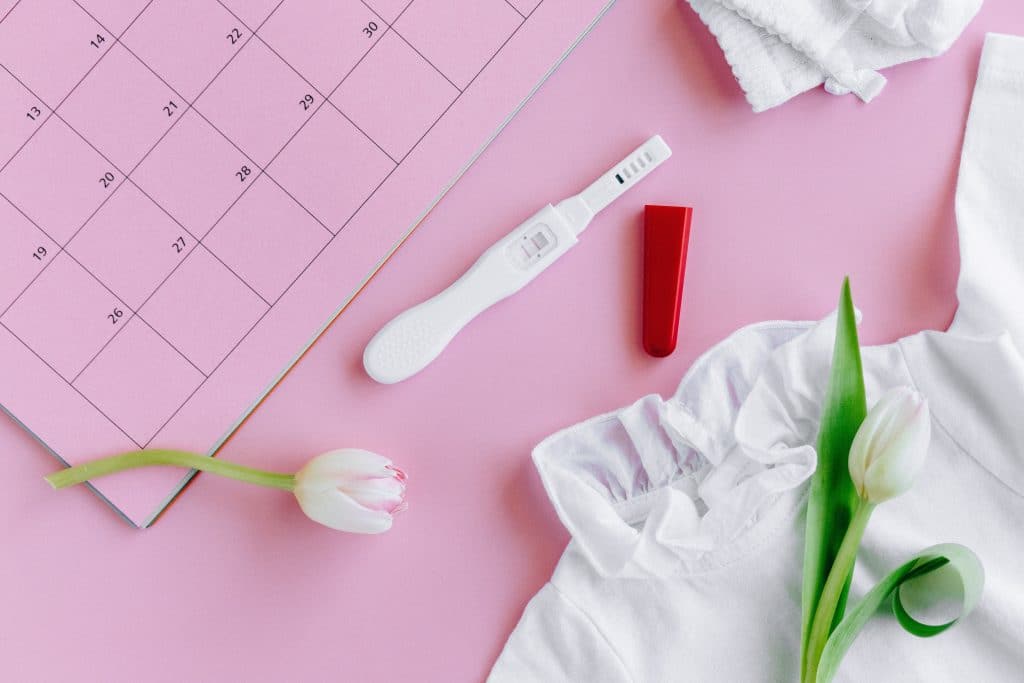Some vitamins and minerals that may increase the chances of conceiving include:
Folic acid (folate): Females who consume folic acid supplements conceive faster. These may also increase the chances of live birth when people conceive using assisted reproductive technology (ART). Between 400-800mcg per day should be taken at least a month before trying to conceive.
Acetyl L-carnitine: Advantages for women: acetyl L-carnitine contains antioxidants that help promote a healthy female reproductive system. Advantages for men: helps sperm motility (the way it moves)
Acetyl L-carnitine (ALC) is a form of the amino acid L-carnitine (LC), which helps turn fat into energy and occurs in the body naturally. It is thought to help slow down the ageing process of the reproductive system. Dose: Ranges between 1-3g per day for both males and females
Calcium: Advantages for both men and women: increasing your calcium intake can prevent a deficiency. For men, calcium can help create sperm. It is important to ensure we don’t encounter any deficiencies whilst trying to conceive as we want to ensure the body is working at its optimum. Calcium is also important in the development of a baby’s bones, blood vessels and heart. However, more specifically a calcium deficiency in men could cause infertility issues as it helps the production of sperm. It’s always better to get calcium from a healthy diet such as eating full-fat yoghurt, cheese and dark leafy greens (e.g. spinach). However, if you are deficient it would be recommended to take 1000mg per day.
Coenzyme Q10: For women: coenzyme Q10 can help improve the ovarian response to IVF. For men: it can improve sperm motility. Coenzyme Q10 is an enzyme which is created in the body naturally and helps generate energy in our cells, however unfortunately as we get older its production can decrease. Increasing it again using a supplement may help fertility, especially when going through IVF. Dosage varies depending on your specific needs however, anything between 300-1000mg a day for women and 200mg a day for men may be recommended.
Myoinositol: It can help with cycle regulation, mood stability and PCOS. Inositol is a carbohydrate similar to a vitamin and can help with a range of fertility issues. Depends on your specific needs, please consult a doctor if you are considering taking inositol.
Source:
https://www.medicalnewstoday.com/articles/fertility-vitamins-to-consider#best-options
https://www.evewell.com/support/fertility-supplements/#:~:text=B%20vitamins%20(other%20than%20folic%20acid)&text=Vitamin%20B12%20in%20particular%20has,of%20your%20recommended%20B%20vitamins.

Comments
Post a Comment